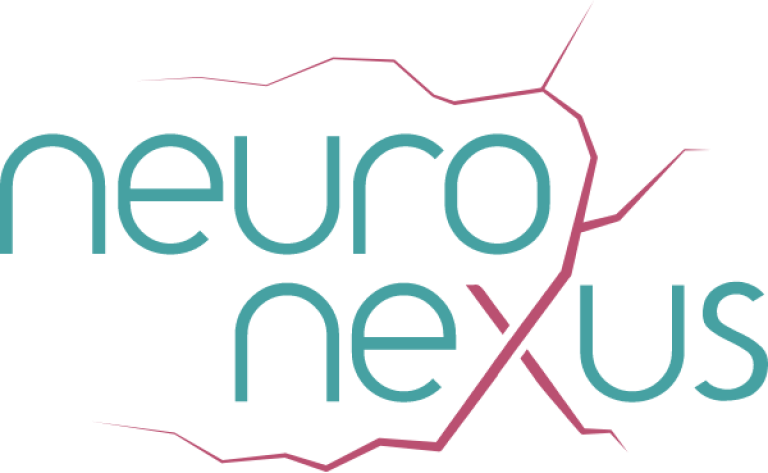Assistive chatbot
Champion Name
Organization
Concordia University of EdmontonChallenge ID
Project Track
Skills Needed
Our goal is to build an intelligent conversational Natural Language Processing (NLP) based bot to serve as a personalized knowledge base for persons with disabilities (PWD). A multi-layer dialogue between the user and the bot will populate the knowledge base and thus create a reliable database that incorporates the emotional aspects of the user. This integrative and scale-able contextual search assistive technology will assist PWD in meaningful participation in the global digital community.
As per the latest Canadian Survey on Disability Reports (Appendix K1), PWD in the age group 25-64 years were less likely to be employed (59%) than those without disabilities (80%). In addition, among youth with disabilities in Canada, 60% had a mental-health-related disorder. More specifically, 7%, of post-secondary students in AB identify as having some form of mental disorder (data from SLL team, unpublished). The categories of disorders associated with mental health include anxiety, mood, obsessive-compulsive, personality, and attention deficit hyperactivity. These conditions often make it difficult for these individuals to cope with their responsibilities as well as navigating and balancing personal priorities and time management. When presented with new tasks or assignments that require new learning or refreshed learning, it’s often difficult to determine where and how to start leading to delays, procrastination, and further exacerbated by additional stress. Our goal is to create an intelligent system using a conversational interface that will enable PWD to create a personalized knowledge database and search tool that simplifies disambiguation of results, summarizes key learning points, and guides the PWD through the process of discovery to the application of information. Our approach will be to involve CUE students initially to incorporate a multi-layer dialogue component (based on NLP) to establish a user search history database. This approach will enable us to incorporate emotional aspects of the user as they start to build their personalized database for compiling relevant and specific search outcomes, mimicking a “real-human” search. Additionally, our technology (unlike other available tools) will be compatible with understanding text without punctuation, misspellings and other parameters (expressing different opinions and feelings) to understand user’s inputs. The initial prototype is expected to make it easier to start a task, validate the users understanding of the task, introduce data in quickly digestible segments, and help them to complete the task on-time. We will establish a control group of PWD in the several categories of mental health disorder spectrum. A baseline assessment will be performed at the commencement of the project with an equally comprehensive follow up at the end. We have a network of over 90 universities worldwide that will assist to develop the assessment questionnaire and protocols to ensure implementation of inclusive design elements. We will emphasize understanding overlapping pain points and user needs in the technology among other inclusive design components. Our aim is to have a model shows at least 40% reduction in search time. Further, we will work with our partners (SLL, Inclusion AB, PADRA and RoboGarden) for prototype development, assessment and create a valuable tool. During the project, our aim is to create feedback mechanisms within the Chatbot itself to perform ongoing assessment of user adoption, impact on their identified issues, and overall performance and satisfaction with the Chatbot. At the end of the project, our goal is to share this technology with our partners, organizations associated with them, and other post-secondary institutions across Canada. We will also explore the implementation of the proposed technology in other verticals such as elderly and elderly with mental health disabilities.
